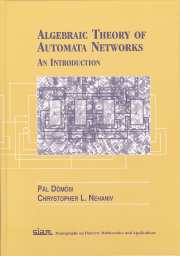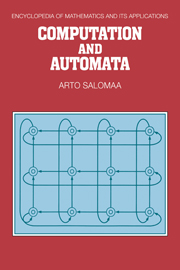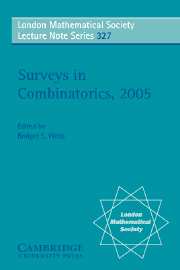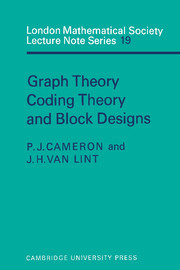Algebraic Theory of Automata Networks
Algebraic Theory of Automata Networks investigates automata networks as algebraic structures and develops their theory in line with other algebraic theories. Automata networks are investigated as products of automata, and the fundamental results in regard to automata networks are surveyed and extended, including the main decomposition theorems of Letichevsky, and of Krohn and Rhodes. The text summarizes the most important results of the past four decades regarding automata networks and presents many new results discovered since the last book on this subject was published. Several new methods and special techniques are discussed, including characterization of homomorphically complete classes of automata under the cascade product; products of automata with semi-Letichevsky criterion and without any Letichevsky criteria; automata with control words; primitive products and temporal products; network completeness for digraphs having all loop edges; complete finite automata network graphs with minimal number of edges; and emulation of automata networks by corresponding asynchronous ones.
- Provides graduate students and newcomers to the field with ideas, methods, and results of algebraic theory of automata networks
- Researchers and engineers working in the area may find the book useful as well
- Summarises the most important results of the past four decades regarding automata networks and presents many new results discovered since the last book on this subject was published
Reviews & endorsements
'This self-contained monograph covers the foundations of what is currently known about automata networks, giving the reader sufficient theoretical background to be at the forefront of research in many related areas.' Alexandra Kireeva, Mathematical Reviews
Product details
No date availableHardback
9780898715699
270 pages
260 × 183 × 17 mm
0.669kg
Table of Contents
- Preface and overview
- 1. Preliminaries
- 2. Directed graphs, automata, and automata networks
- 3. Krohn-Rhodes theory and complete classes
- 4. Without Letichevsky's criterion
- 5. Letichevsky's criterion
- 6. Primitive products and temporal products
- 7. Finite state-homogeneous automata networks and asynchronous automata networks
- Bibliography
- Index.








